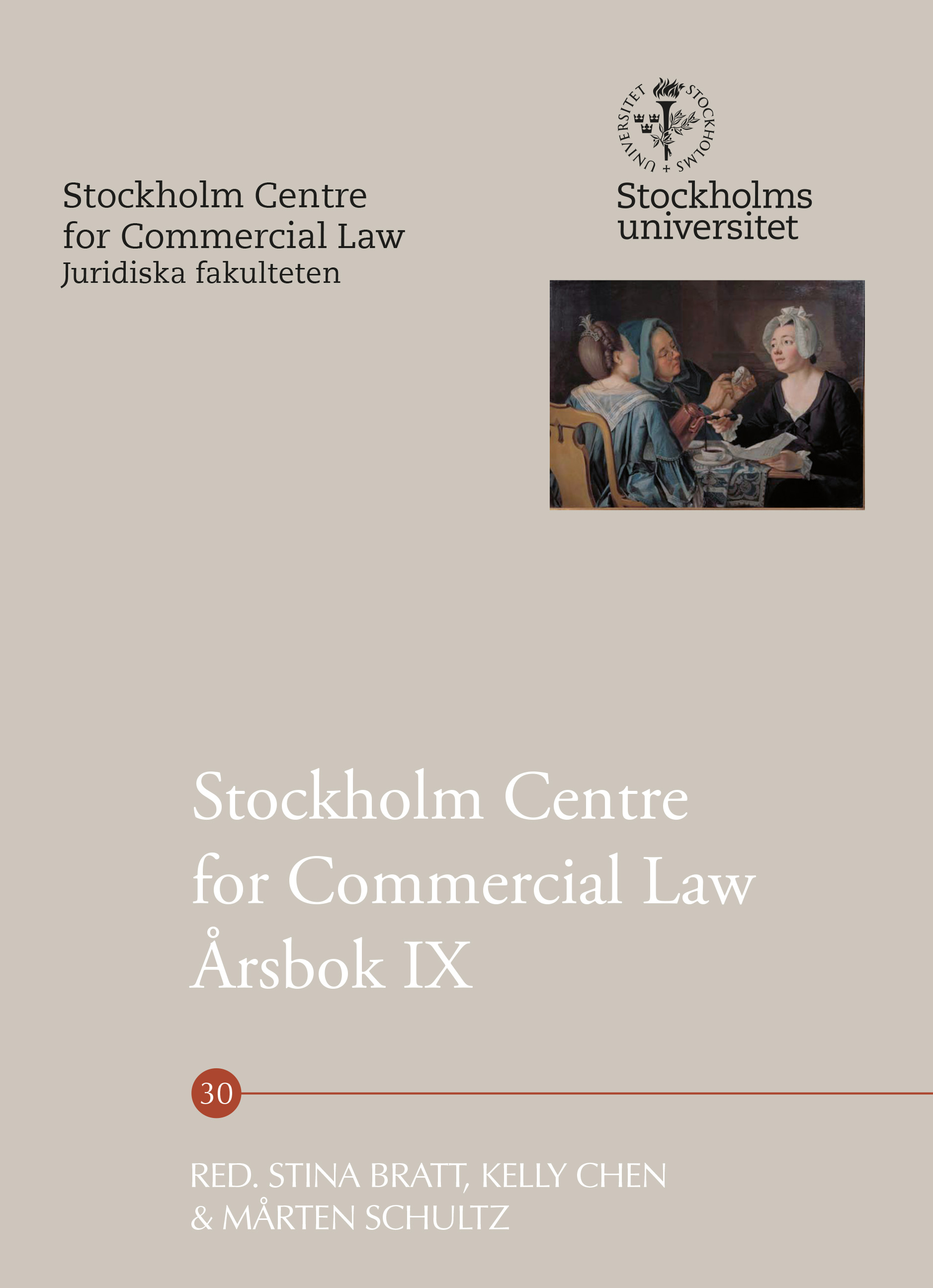CJEU as a legislator in its own right?
Abstract
At the Max-Planck-Institute in Munich, almost forty years ago, we had reason to discuss authors’ rights before a backdrop of German and Nordic legislative measures as well as decisions of the courts in each country or region, noting that those sources of law often adhered to the same patterns of legal thinking and had an essentially homogeneous basis. Swedish (and Nordic) civil law had as its main source the German Civil Code (Bürgerliches Gesetzbuch), and Nordic intellectual property law was heavily influenced by German legal thinkers like Kohler. German and Nordic intellectual property court practice continued to deliver highly qualified statements on intrinsic legal matters, thereby offering clarification and understanding not least in the complex area of copyright and related rights. Swedish law on authors’ rights generally has been nourished by many judgments handed down by the Supreme Court of Sweden, thus establishing a solid and dynamic body of norms based on the principles laid down in statutory law by the legislator.
As of 1 September 2016, there is a new Swedish court structure especially for intellectual property and market/competition law, making the Stockholm district court of first instance also the special court for all IP and market law cases in Sweden, called PMD, and the Svea Appeal Court (also in Stockholm), the final special appeal court, now called PMÖD. An appeal to the Supreme Court of Sweden will still be possible, but only if the PMÖD so decides. The aim of this reform is to strengthen the knowledge and expertise of the judges handling complex intellectual property and market law phenomena and to expedite the procedures before the courts. Hence, in IP Law,Sweden may currently be said to have two precedent courts: the Supreme Court and the PMÖD.


